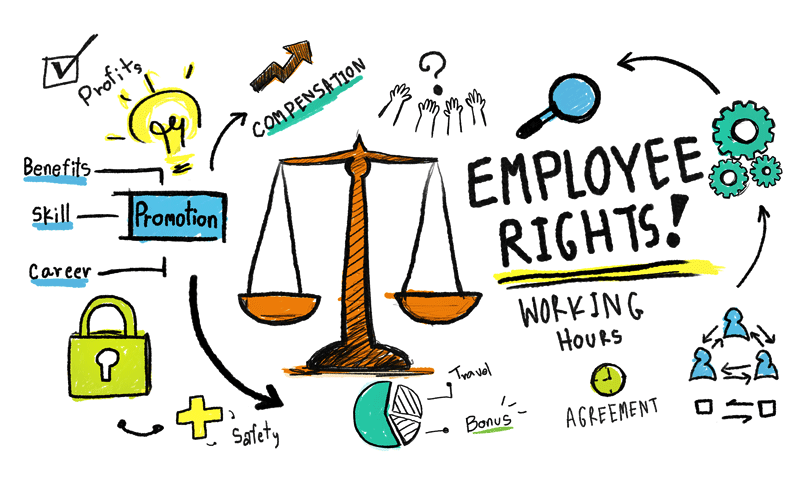I. 21st Century Rights
A. "Right to disconnect" should be an EU-wide fundamental right, MEPs say
Press Releases – European Parliament, 01/21/21
Read the text and answer the questions below.

Image credit: Association of Corporate Counsel
In their legislative initiative that passed with 472 votes in favour, 126 against and 83 abstentions, MEPs (Members of European Parliament) call on the Commission to propose a law that enables those who work digitally to disconnect outside their working hours. It should also establish minimum requirements for remote working and clarify working conditions, hours and rest periods.
The increase in digital resources being used for work purposes has resulted in an 'always on' culture, which has a negative impact on the work-life balance of employees, MEPs say. Although working from home has been instrumental in helping safeguard employment and business during the COVID-19 crisis, the combination of long working hours and higher demands also leads to more cases of anxiety, depression, burnout and other mental and physical health issues.
MEPs consider the right to disconnect a fundamental right that allows workers to refrain from engaging in work-related tasks —such as phone calls, emails and other digital communication— outside working hours. This includes holidays and other forms of leave. Member states are encouraged to take all necessary measures to allow workers to exercise this right, including via collective agreements between social partners. They should ensure that workers will not be subjected to discrimination, criticism, dismissal, or other adverse actions by employers.
"We cannot abandon millions of European workers who are exhausted by the pressure to be always 'on' and overly long working hours. Now is the moment to stand by their side and give them what they deserve: the right to disconnect. This is vital for our mental and physical health. It is time to update worker's rights so that they correspond to the new realities of the digital age", rapporteur Alex Agius Saliba said after the vote.
Background
Since the outbreak of the COVID-19 pandemic, working from home has increased by almost 30%. This figure is expected to remain high or even increase. Research by Eurofound shows that people who work regularly from home are more than twice as likely to surpass the maximum of 48 working hours per week, compared to those working on their employer's premises. Almost 30% of those working from home report working in their free time every day or several times a week, compared to less than 5% of office workers.
Parliament calls for an EU law that grants workers the right to digitally disconnect from work without facing negative repercussions.







